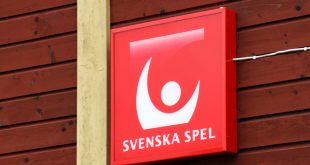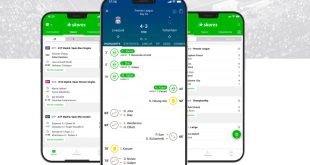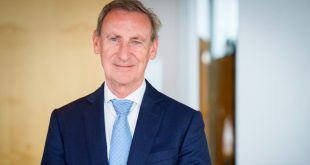The All-in Diversity Project (AiDP) has published its second ‘annual report’ which tracks global gambling’s workforce make-up and further corporate directives related to improving the industry’s equality and inclusion disciplines.
The ‘All-Index 2019’ compiled data from 26 gambling organisations ‘representing over 100 brands’. The Index’s headline figure indicated a near 50/50 split, with 46.7% of a total 125,697 employees surveyed identifying as female.
The Index sees AiDP continue to monitor the industry workplace make-up in partnership with the Centre for Diversity Policy Research and Practice at Oxford Brookes University.
Building on from its 2018 findings, AiDP added a number of new Index measures to:
- better identify and understand the challenges faced by organisations capturing sensitive employee data (ethnicity, LGBT+, disabilities, and other characteristics/traits)
- To consider factors related to geographical locations and individual environments
- To identify impactful D&I initiatives and strategies.
Providing a breakdown of executive roles, AiDP’s Index revealed that within participating organisations, ‘41% of executive teams’ make up is female’. However, AiDP noted that female board-level representation had dropped by 5.5% to 22.5% during 2019.
“Overall numbers of male to female in an organization are not a true measure of DEI unless those numbers are directly linked to meaningful decision-making. Closer scrutiny shows that the majority of the decision-making roles are held by males,” AiDP detailed in its findings.
Within its registered organisations, the 2019 Index reported that the ‘most gender balanced roles’ were held in disciplines related to legal and regulatory compliance (50%), finance and operations (51%) a change to its 2018 findings that recorded marketing and training-&-development as the sector’s most evenly balanced employment roles.
Of concern, AiDP noted that in 2019, ‘without exception every salary band shows males earning more than females’, a marked change for the sector which registered a ‘pay parity’ status during 2019 for employees earnings in the range of £25,000 to £50,000 respectively.
AiDP noted that changes in salary findings were likely a result of its Index’s expansion within new markets, however it has advised stakeholder that “more scrutiny and analysis is required to better understand the associations between gender, age, role and leadership, what is clear is that the gender pay gap is real and if anything appears to have widened.”
On workforce directives, the Index revealed a number of positive developments as 72% surveyed organisations have moved to actively offer ‘conscious and unconscious bias training’, up from 50% in 2018.
Meanwhile, 55% of organisations provided additional training and development programmes for women. AiDP highlighted a conscious effort by firms to adopt holistic support programmes improving employees mental-health and personal well-being.
AiDP added: “2019 may have seen the start of a new trend where organizations shifted focus from supporting individual groups to the broader more inclusive theme of mental health and well-being for all, incorporating the needs of specific groups and the impact of exclusion on health and well-being”
Concluding its report, AiDP stated that its intended conclusions of 2018 and 2019 data would be disrupted by the unprecedented events of 2020, following organisations’ adjustments to working with the constraints of COVID-19 pandemic.
Furthermore, AiDP will place a ‘greater spotlight’ on the racial make-up of the industry’s workforce following 2020 events that have placed inclusivity at the top of corporate agendas.
Supporting all industry stakeholders, AiDP will conduct research looking at the impact of this and will be undertaking producing a free COVID-19/2020 survey in January 2020
Kelly Kehn, Co-Founder of All-in Diversity Project, said: “All-in Diversity Project is the industry’s central resource for businesses requiring data and tools in order to progress their business to a more diverse and inclusive workforce.
“We believe that surveying the industry annually is one of the most significant ways we can continue real progress globally. We are grateful to all participants who are both committed to their own progress but also to the industry’s overall improvement.”










